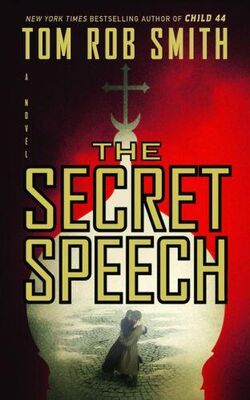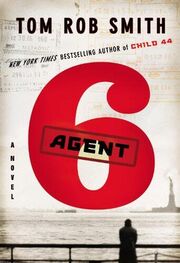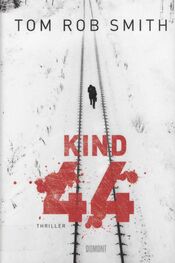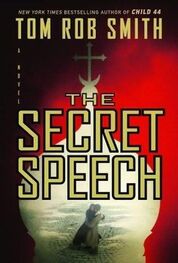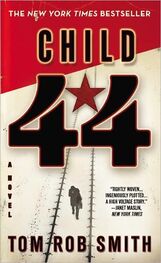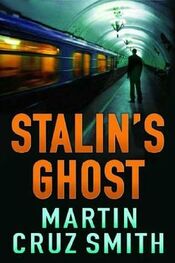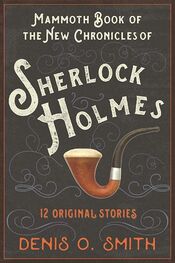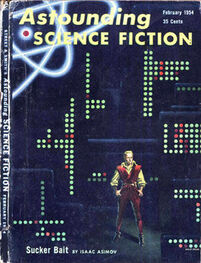Leo asked:
— You denounced him?
— No, never, I loved him. That is the truth. You have no reason to believe me. When he was arrested, of course, I did nothing. I said nothing. He and his music tutor were sent to a labor camp. After Stalin died I tried to find them. I was told that they had not survived. I grieved. I had the idea to copy one of Kirill’s pieces, as a memorial to him. They’d been lost but that didn’t matter, I’d heard him play them many times. They were in my blood. I made some minor changes. The composition was a success.
— But you didn’t declare its origins?
— I was seduced by the praise. Since then I have copied every piece I could remember, making minor variations, taking all the credit for them, enjoying all the perks. You see, Kirill had no family. He had no one. No one believed in him. No one knew his music except his teacher. And me.
— There was one other person.
— Who?
— The wife of a priest.
— She is how you found me?
— In a way, yes.
After a silence, the composer asked:
— Are you going to arrest me?
Leo shook his head:
— I don’t have the authority to arrest you.
Meshik seemed not to understand:
— Then tomorrow, first thing, I will tell the world the truth.
Leo walked across the room, staring out of the window at the snow that had begun to fall. There were children playing in it.
— What will you say? That the State murdered a genius and you stole his music? Who will love you for that confession? Who wants to hear it?
— What would you have me do?
The snow was beginning to settle.
PERCHED ON THE ROOFTOP of Leo and Raisa’s apartment block, Zoya shivered as the snow fell around her. Every day since her return she climbed up here, scrambling up, staring out over the city. No rooftops were collapsing, no gunfire sounded out, and the tiles didn’t shake as tanks passed by. She felt as if she was neither in Moscow, nor anywhere else, but in limbo. The sense of belonging she’d experienced in Budapest had nothing to do with that particular city, or the revolution, and everything to do with Malysh. She missed him, or was it that part of her was now missing? He’d taken the weight of loneliness off her shoulders, and now that weight felt heavier than ever.
They’d buried Malysh outside of Budapest. She hadn’t wanted his body left in the hospital, lost among the dead, one of many, with no family or friends to grieve over him. Leo had carried him through the Russian encirclement. Digging in the frozen soil, they’d buried him by a tree, back from the road, tanks and trucks passing by. She used his knife to carve his name into the trunk of the tree. Remembering that he couldn’t read, she’d scratched a heart around the letters.
At first, when Zoya had climbed onto the roof, Raisa had hurried after her — no doubt fearful she was going to jump off. Understanding that it was nothing more than a place to sit, Raisa no longer interfered, nor did Leo, allowing Zoya hours here without interruption. She scooped up a clump of snow and watched it melt in her hands.
* * *
TIDYING UP AFTER DINNER, Raisa turned. Zoya was standing in the doorway, shivering, snow in her hair. Raisa took hold of Zoya’s hands:
— You’re cold. Do you want to eat? I put some aside for you.
— Is Elena in bed?
— Yes.
— Leo?
— He’s not back yet.
Elena had returned from the hospital, rejuvenated by the miracle of Zoya being alive. Zoya had wept with guilt at the sight of her sister. Elena was dangerously thin. Even without being told, Zoya understood that her little sister would not have survived much longer. Elena hadn’t questioned events, overwhelmed with happiness, indifferent to the details of what had happened or why. Her family was alive.
Raisa knelt down before Zoya:
— Talk to me.
There was the sound of a key in the front door. Leo entered, red-faced and rushed:
— I’m sorry…
Raisa replied:
— You’re in time to read to the girls.
Zoya shook her head:
— Can I talk to you first? To both of you?
— Of course.
Leo entered the kitchen, pulling up two chairs, sitting beside Zoya:
— What’s wrong?
— I’ve always told Elena everything. Since I got back she’s been so happy, I don’t want to spoil that. I don’t want to tell her what happened. I don’t want to tell her the truth. I don’t want to tell her that I left her alone.
Zoya began to cry:
— If I tell her the truth, will she forgive me?
Though he wanted to, Leo did not yet feel he could put an arm around her. He said:
— She loves you very much.
Zoya looked up at Leo, then at Raisa:
— But will she forgive me?
The three of them turned to the doorway. Elena was standing in her nightgown. She’d only been home for a week and already she’d transformed, gaining weight, the color returning to her skin.
— What’s going on?
Zoya moved toward her:
— Elena, I have something to tell you.
Leo stood up:
— Before you do, why don’t I tell you a bedtime story?
Elena smiled:
— One that you made up?
Leo nodded:
— One that I made up.
Zoya wiped away her tears and took hold of Leo’s hand.
My editors, Suzanne Baboneau at Simon & Schuster UK and Mitch Hoffman at Grand Central Publishing, are quite simply the best editors any writer could wish for. I feel exceptionally lucky. And I am hugely grateful to them.
Particular thanks go to Eva-Marie Hippel at Dumont, a good friend with a meticulous eye for detail. Also thanks to Jonny Geller at Curtis Brown and Robert Bookman at CAA for all their support. Robert Bookman has an amazing gift for connecting people, and he put me in touch with Michael Korda, whose wonderful book Journey to a Revolution: A Personal Memoir and History of the Hungarian Revolution of 1956 (HarperCollins, 2006) was extremely useful research. I appreciate Michael taking the time to answer my questions.
I can’t remember which writer spoke about the need to have trusted readers — perhaps every writer has spoken about it. I have two, Ben Stephenson and Alex Arlango: My love and thanks to both.
The books I mentioned at the end of Child 44 were also crucial to the writing of this book and formed the bedrock of the research for this novel. In addition, William Taubman’s biography Khrushchev: The Man and His Era (Simon & Schuster, 2003) was indispensable.
I’ve already mentioned Michael Korda’s book on his experiences in the Hungarian Revolution. Equally inspirational, and important, were Victor Sebestyen’s Twelve Days: Revolution 1956: How the Hungarians Tried to Topple Their Soviet Masters (Weidenfeld & Nicholson, 2006) and The Hungarian Revolution of 1956: Reform, Revolt and Repression, 1953–1963, edited by Gyorgy Litvan (translated by Janos M. Bak and Lyman H. Legters, Longman, 1966).
I’d like to make special note of one autobiography, Shallow Graves in Siberia , by Michael Krupa (Minerva Press, 1997). It is an extraordinary story, deeply moving, and it reminded me that no matter how oppressive the adversary, someone always manages to find a way above it.
I owe these authors a huge debt. I should note that any inaccuracies are entirely my own.
